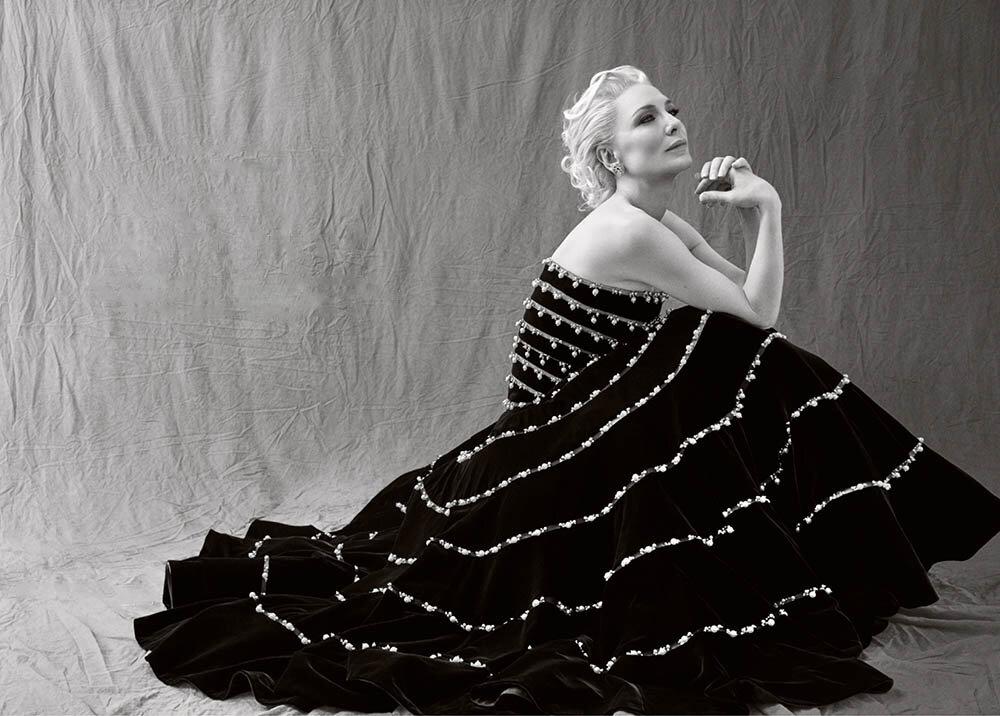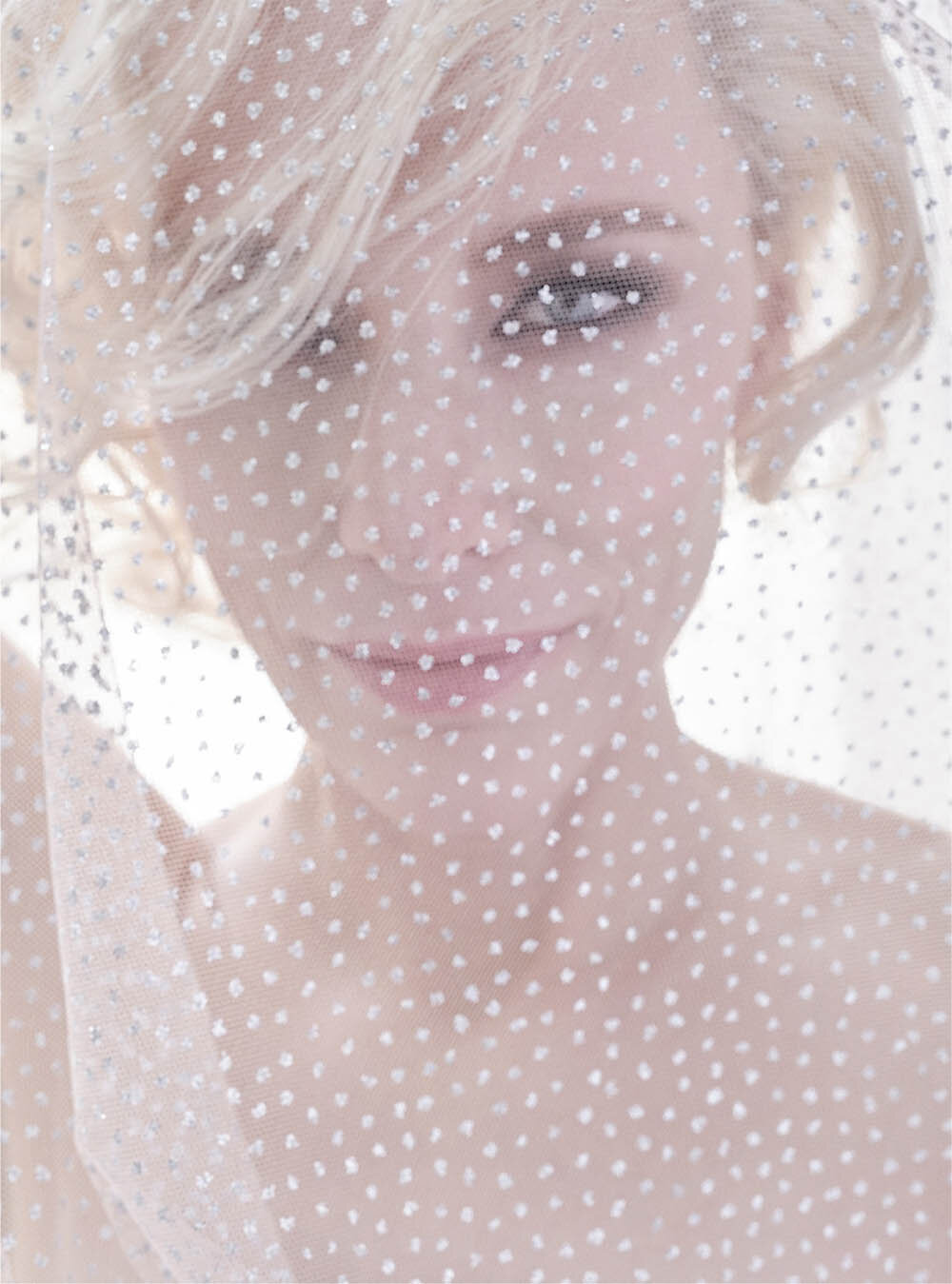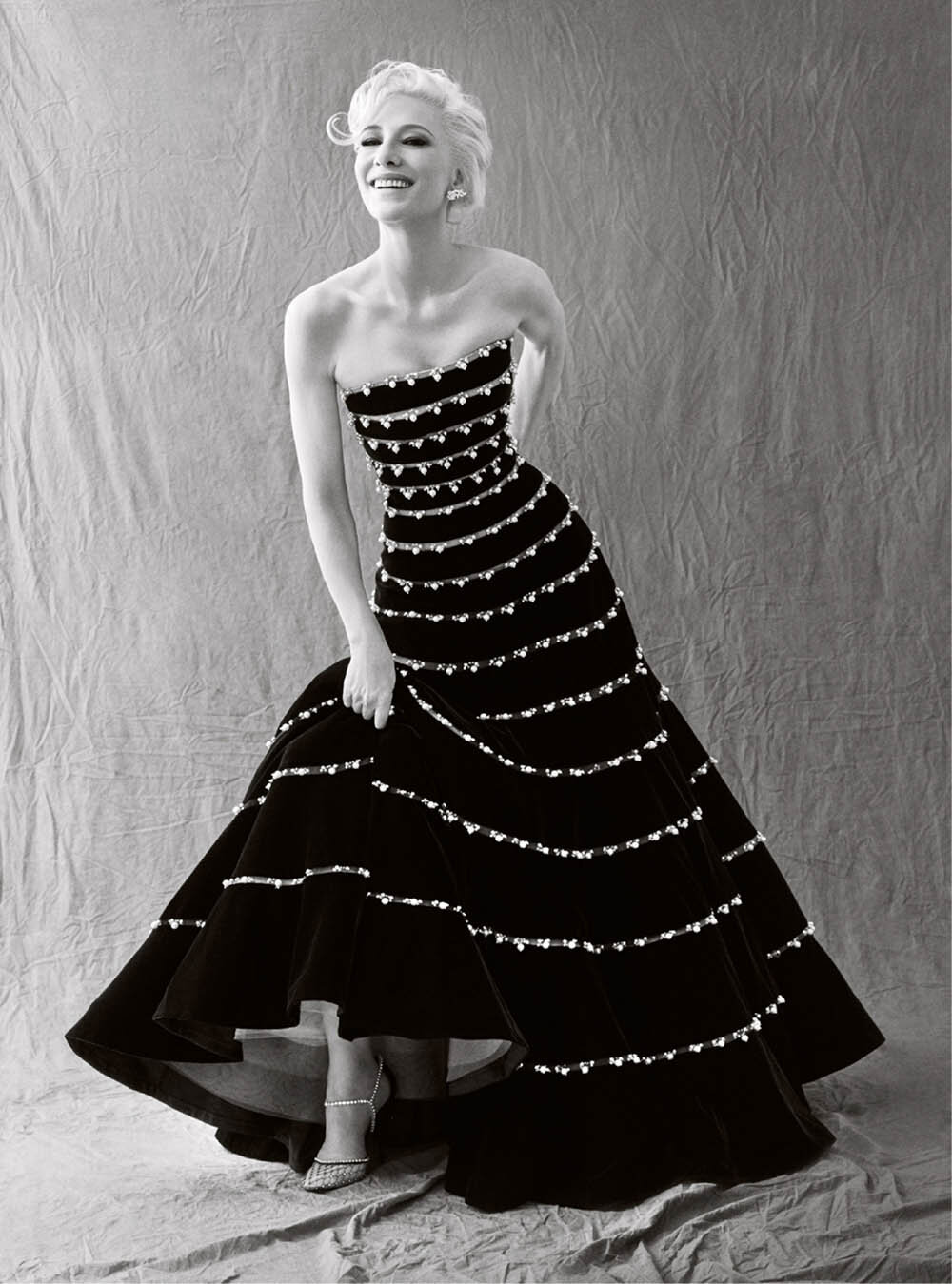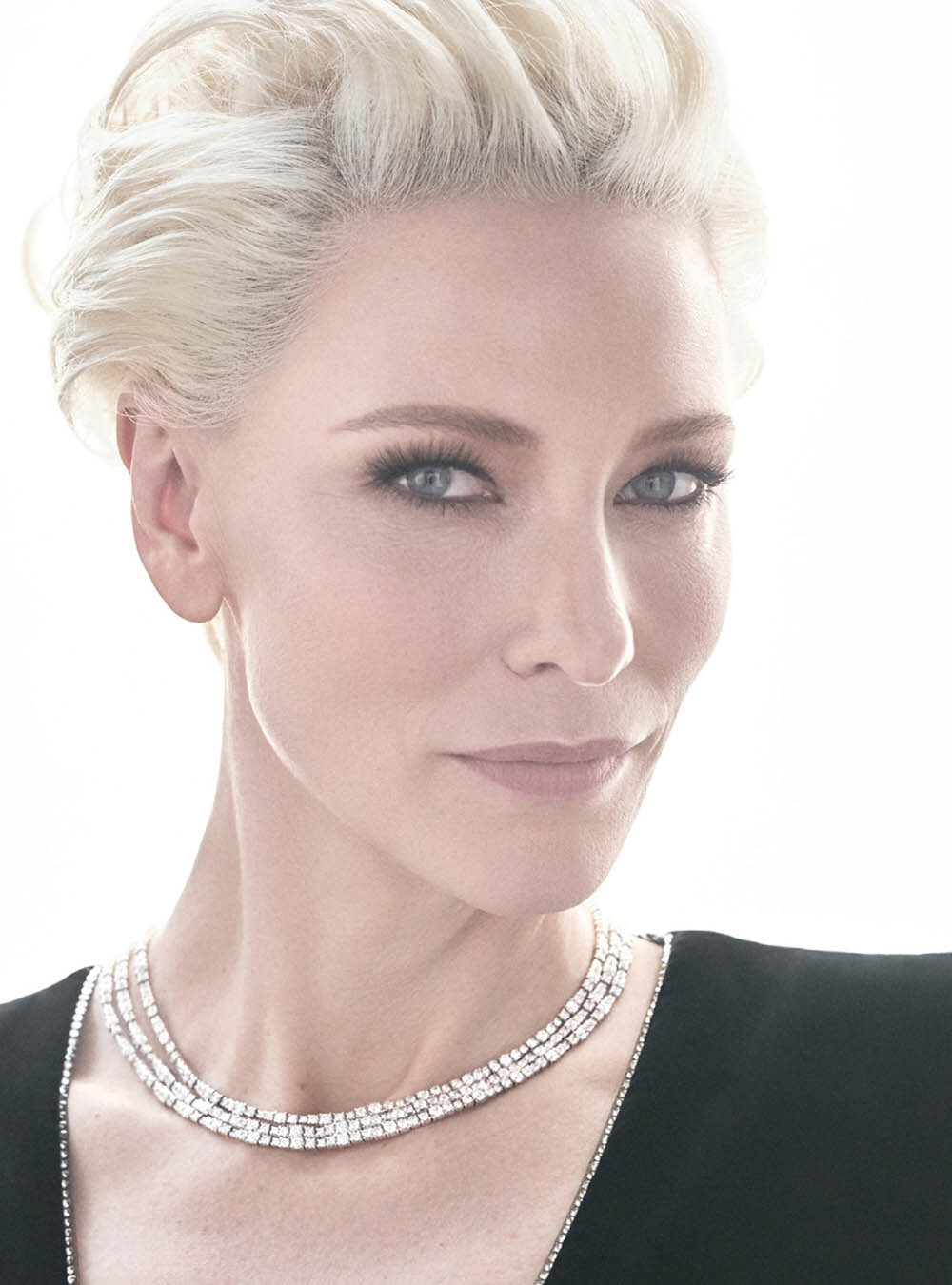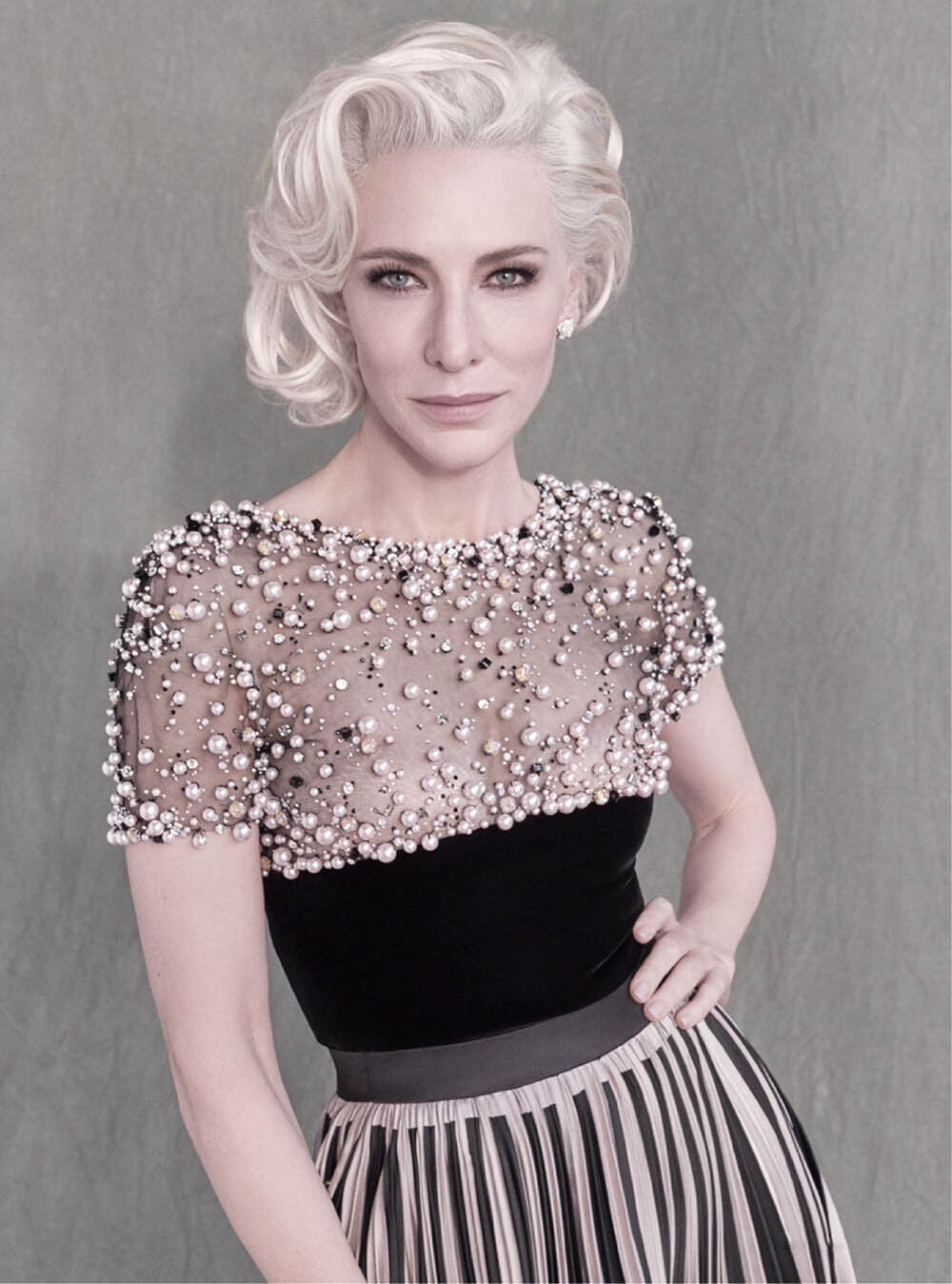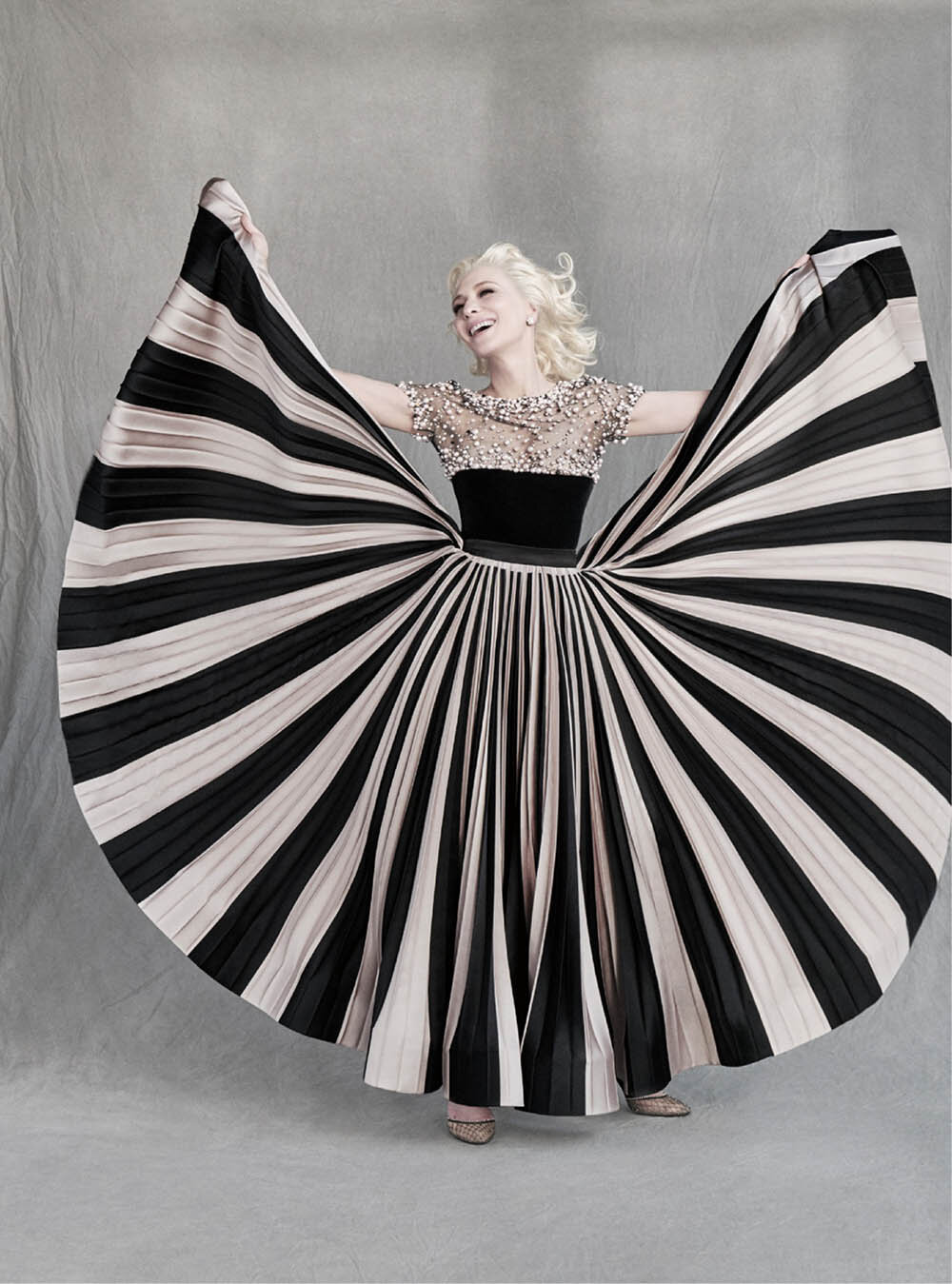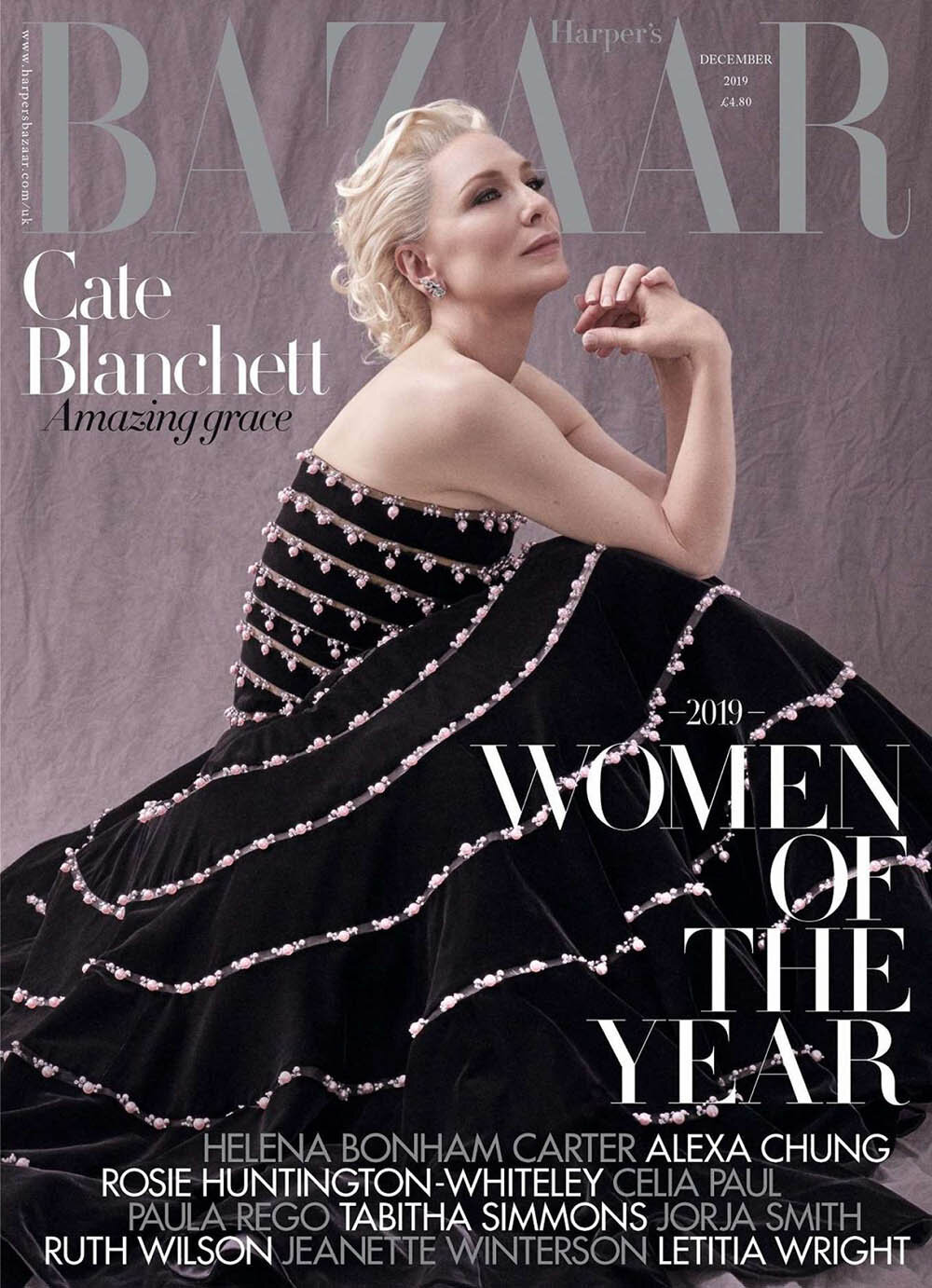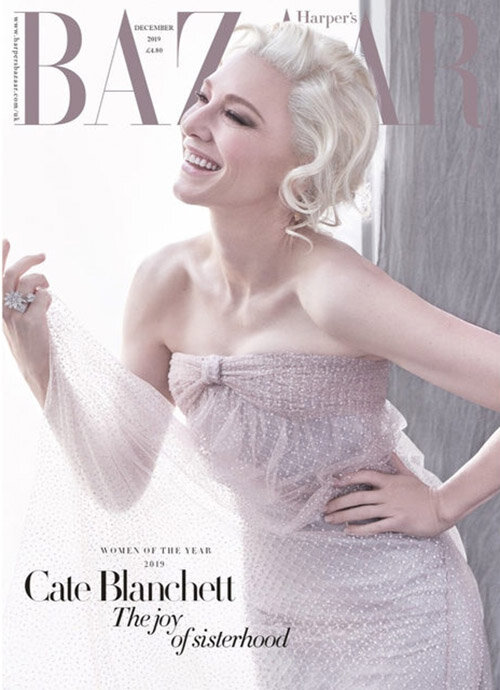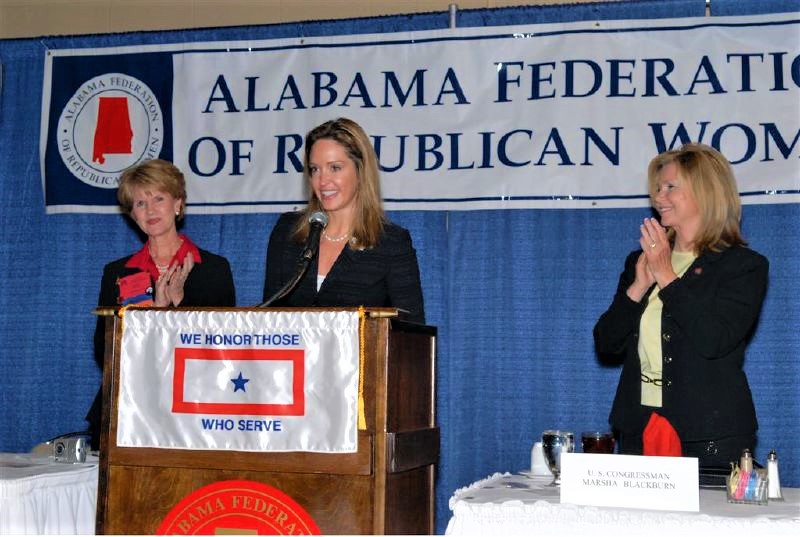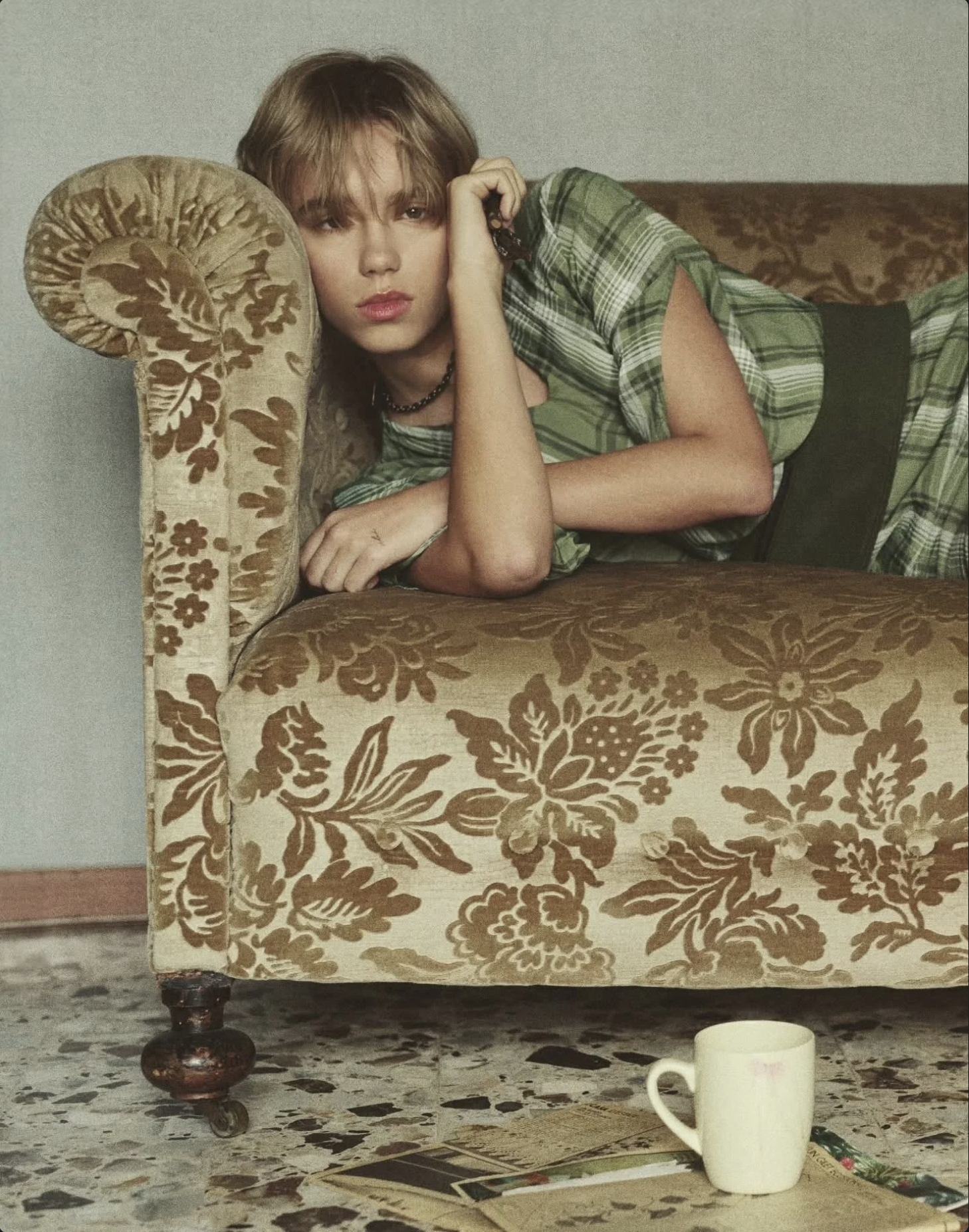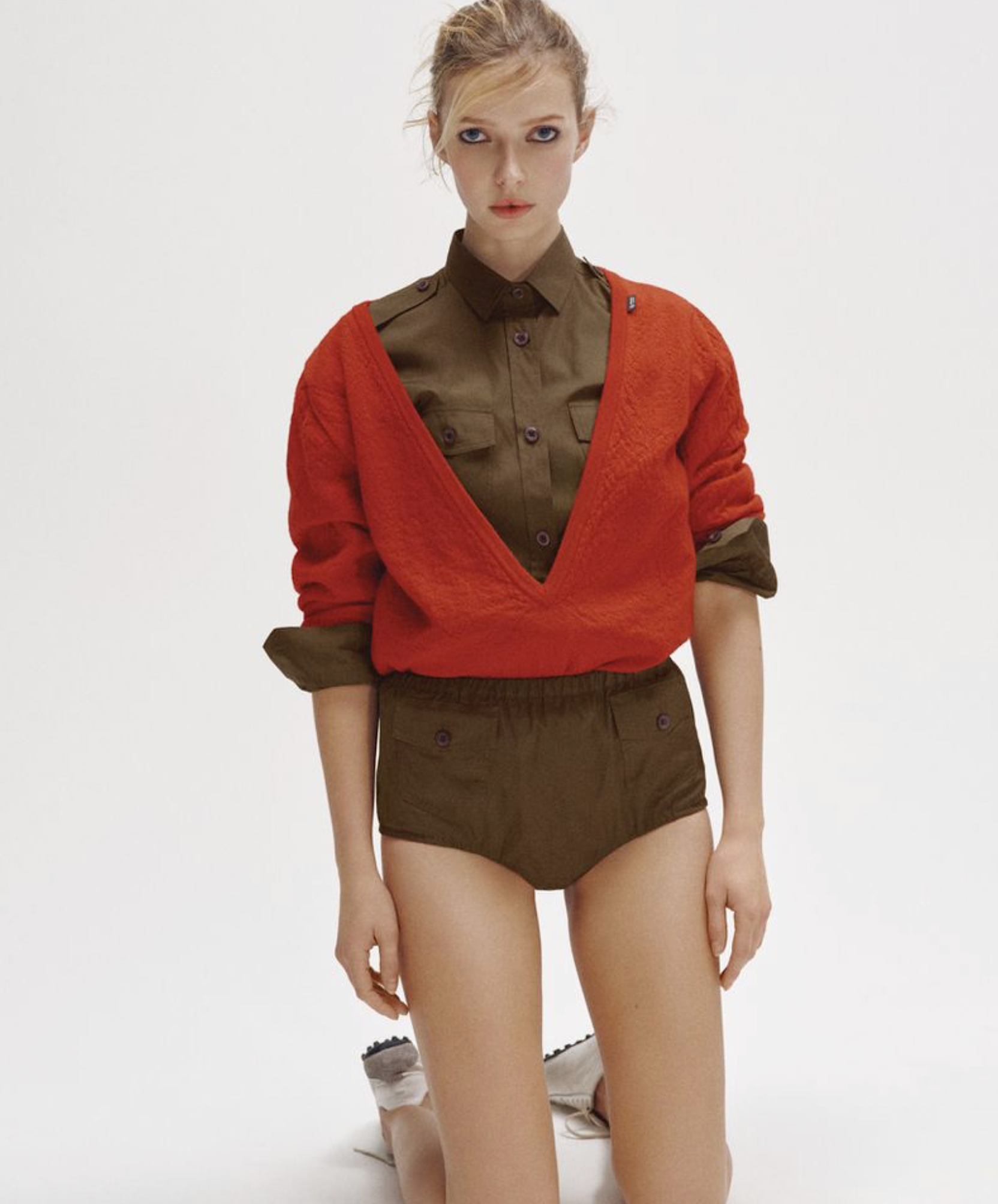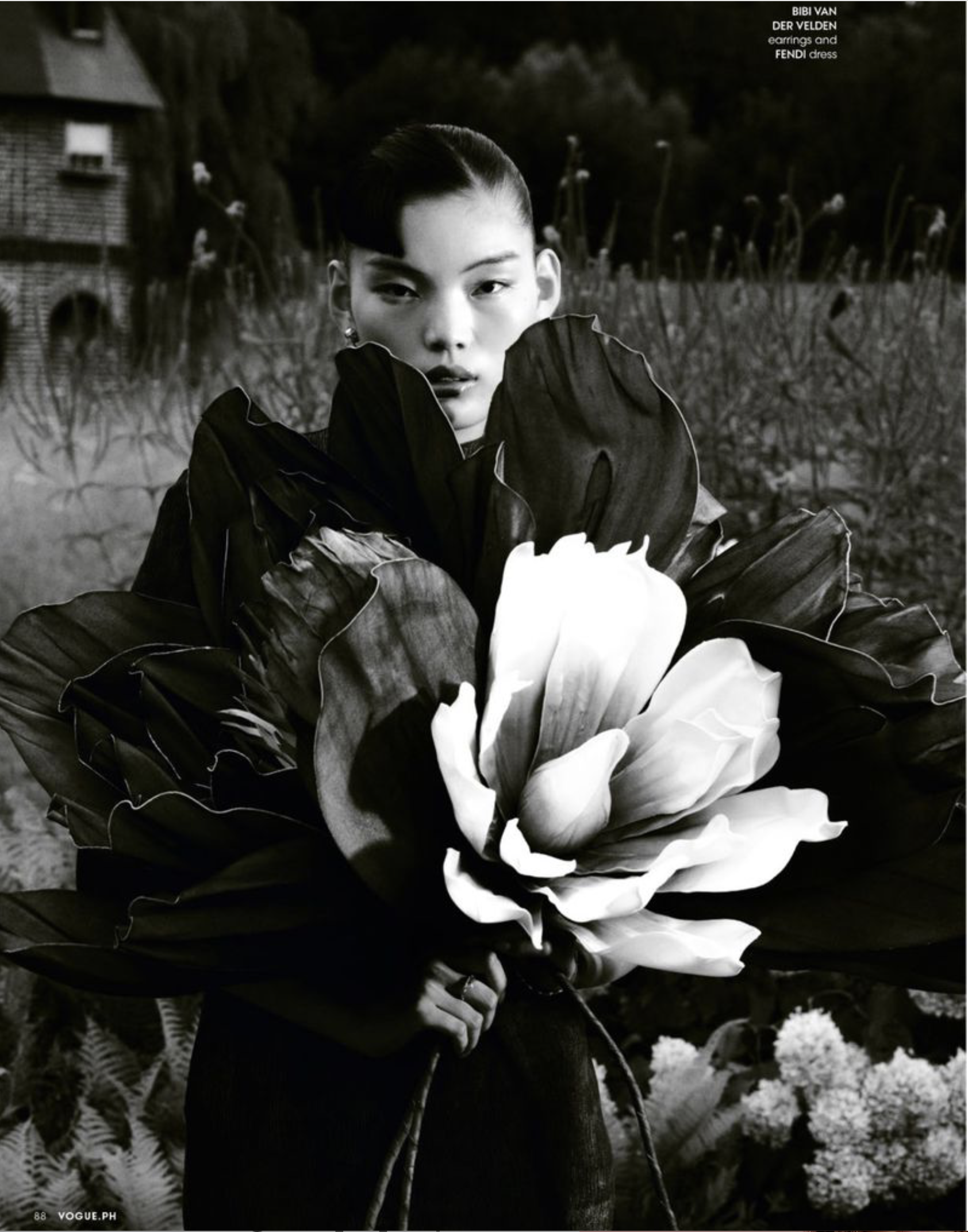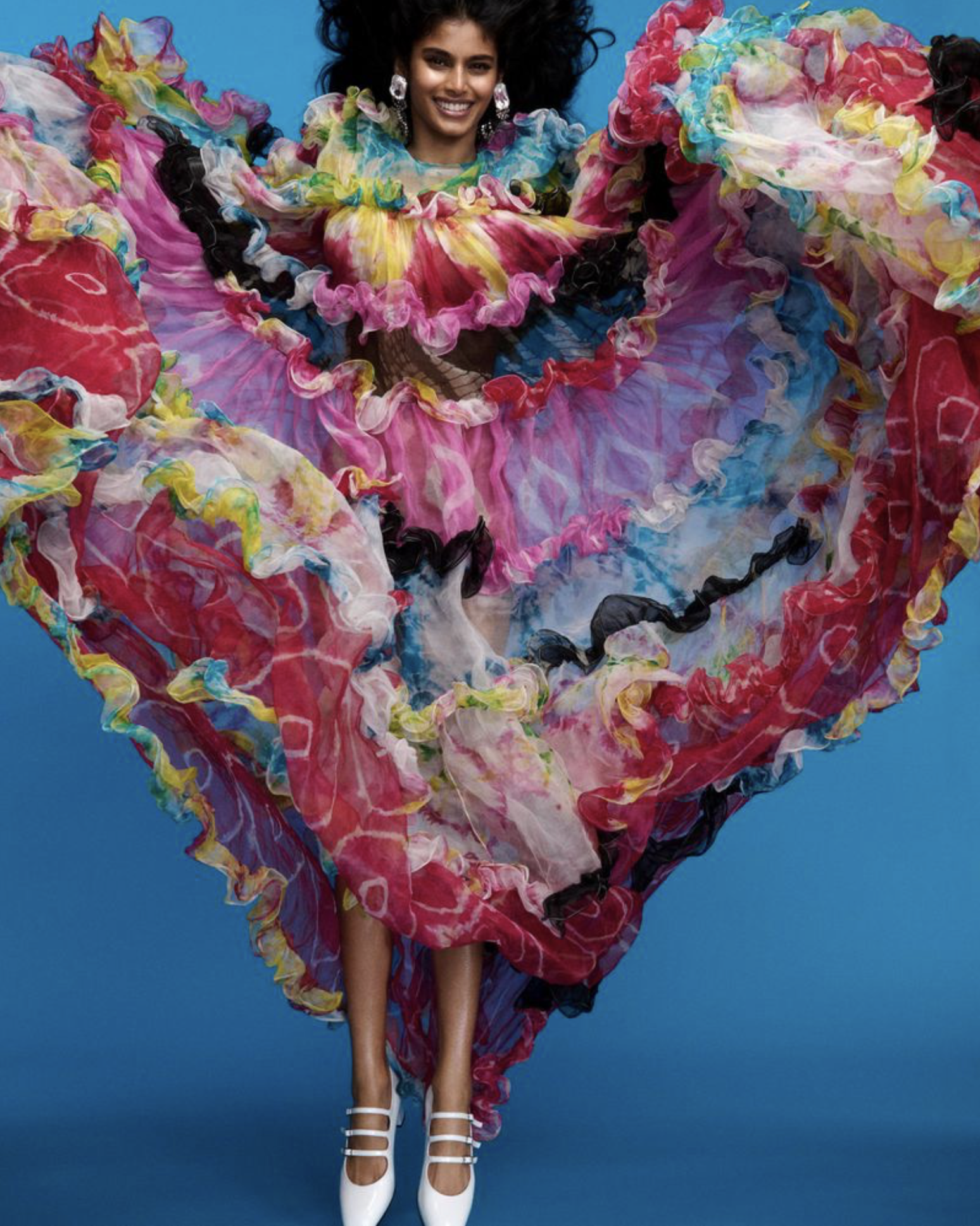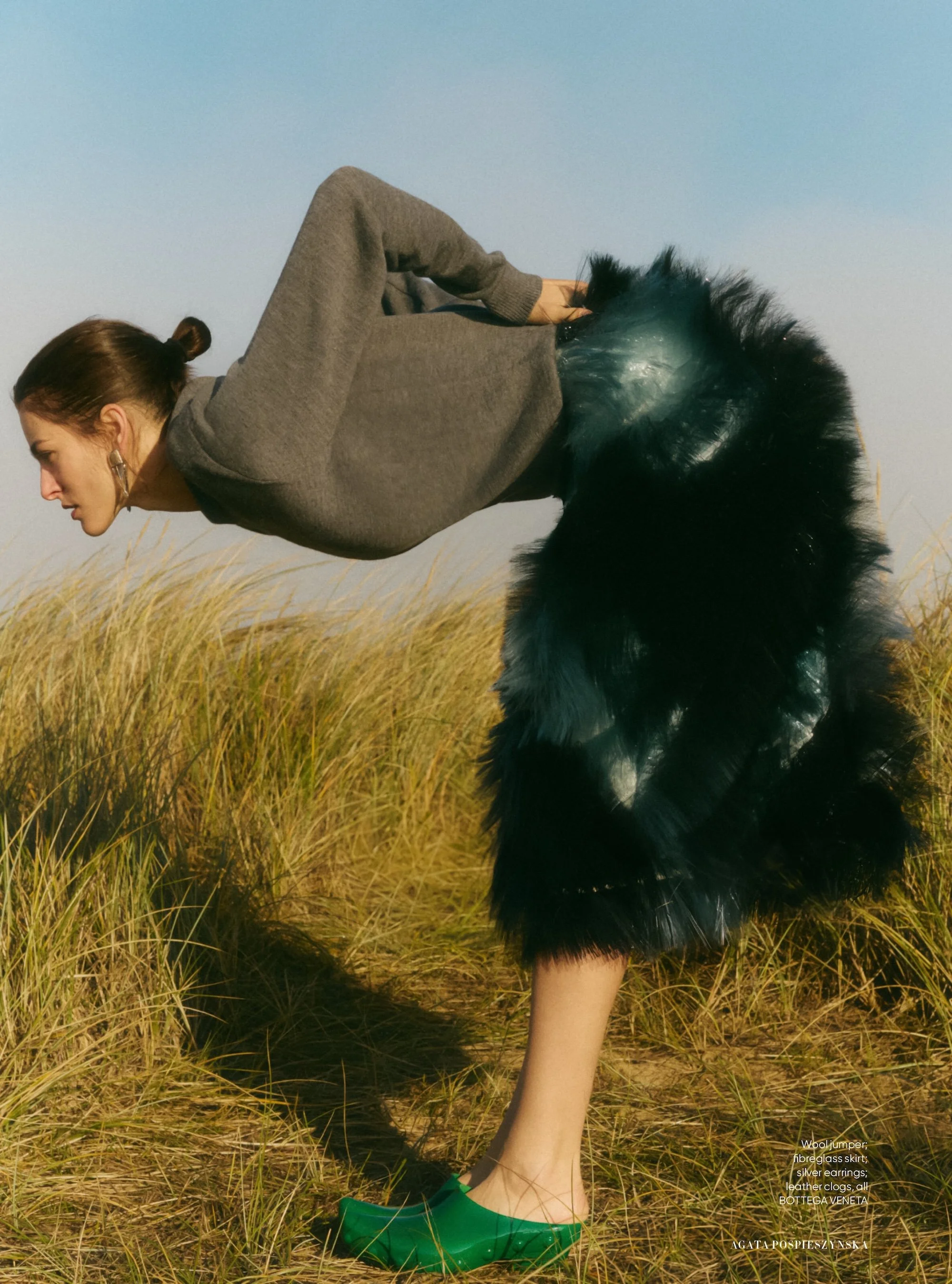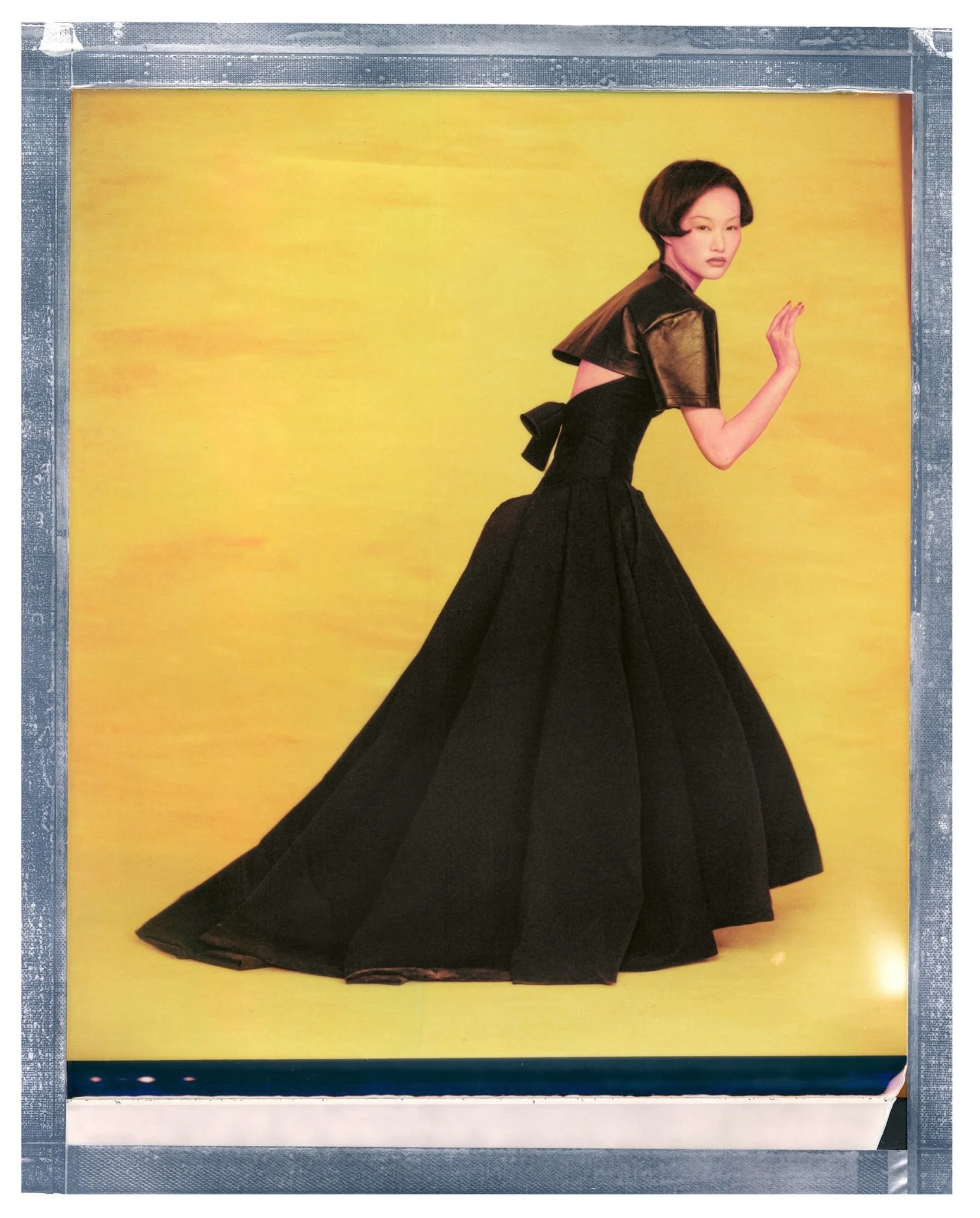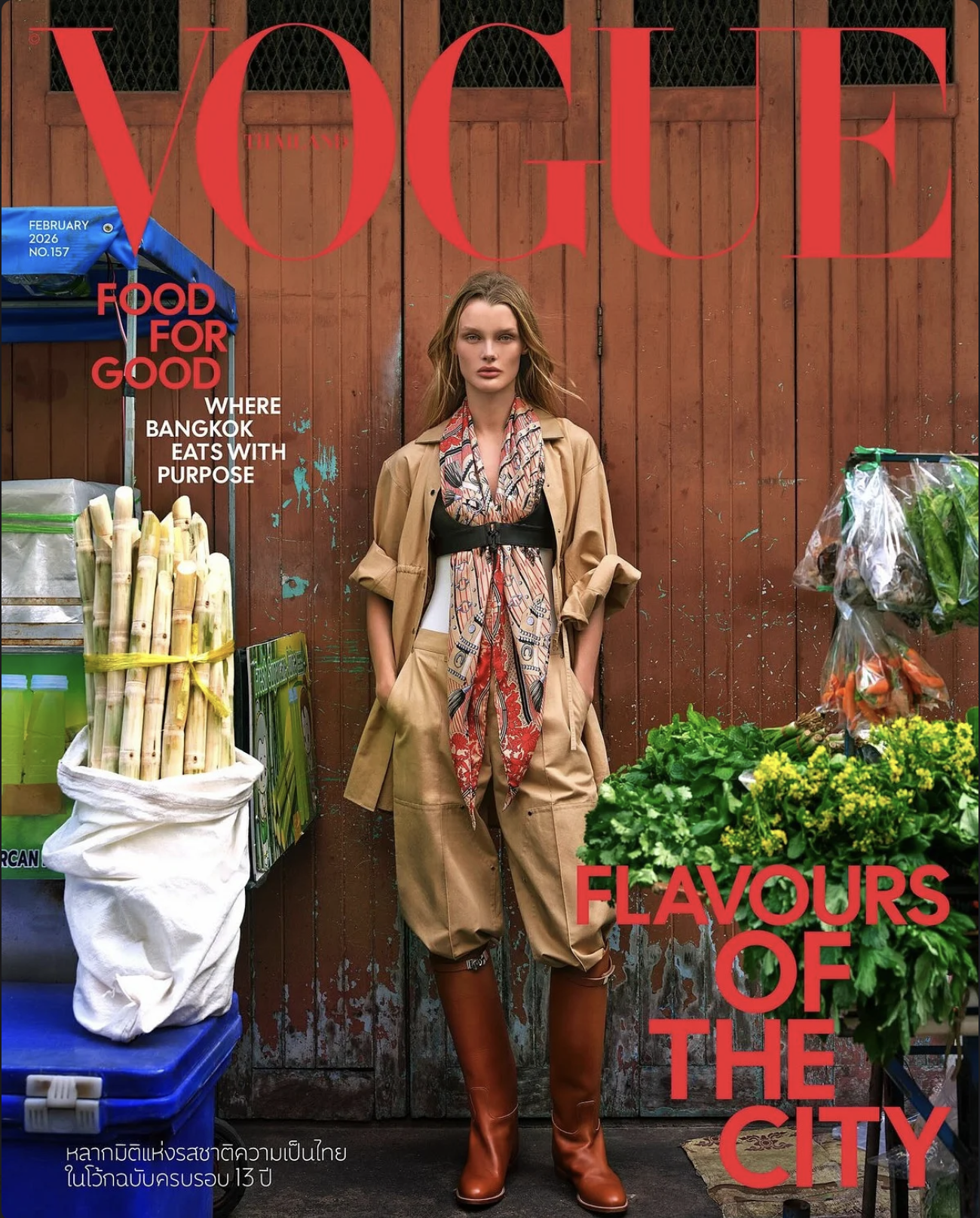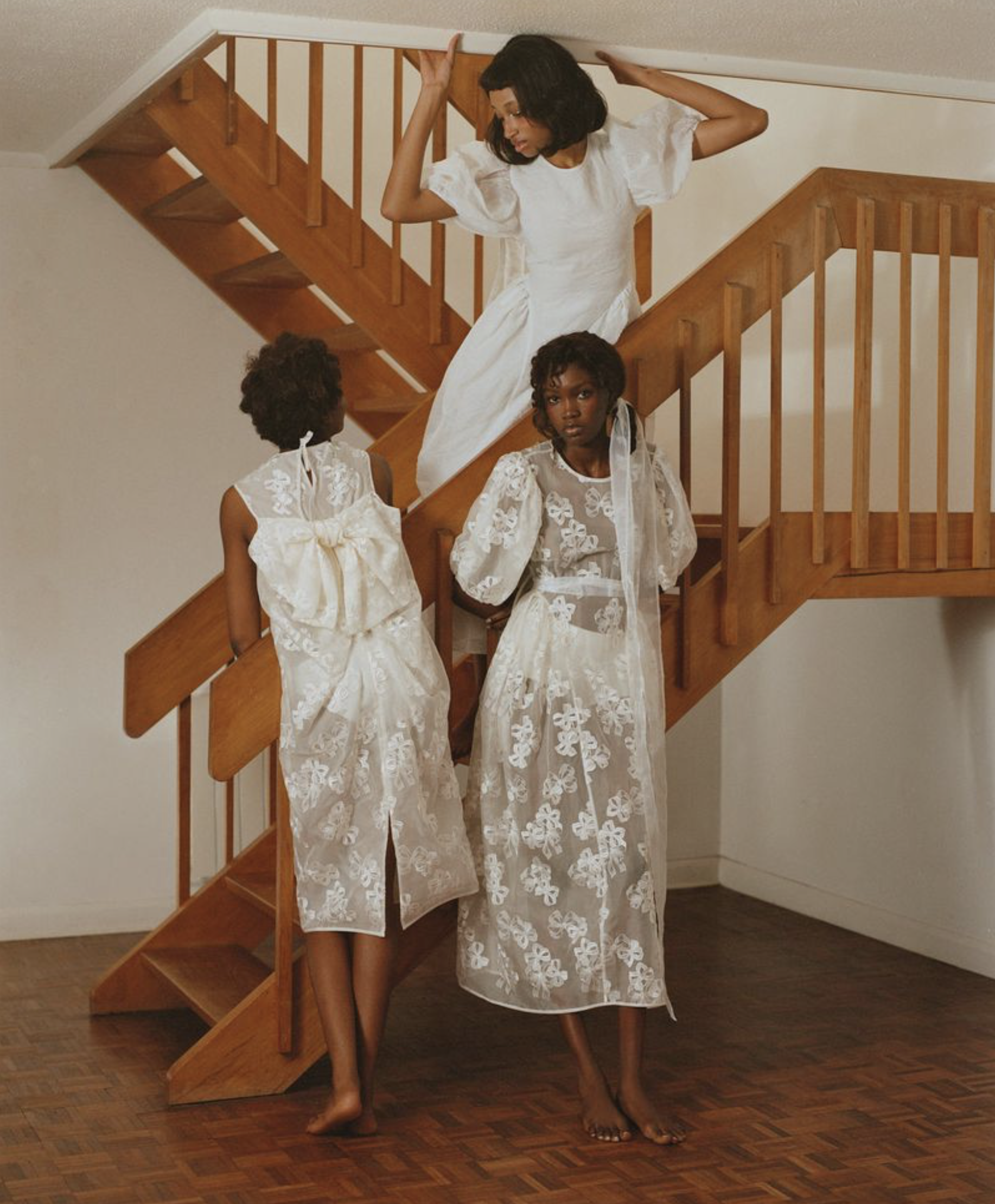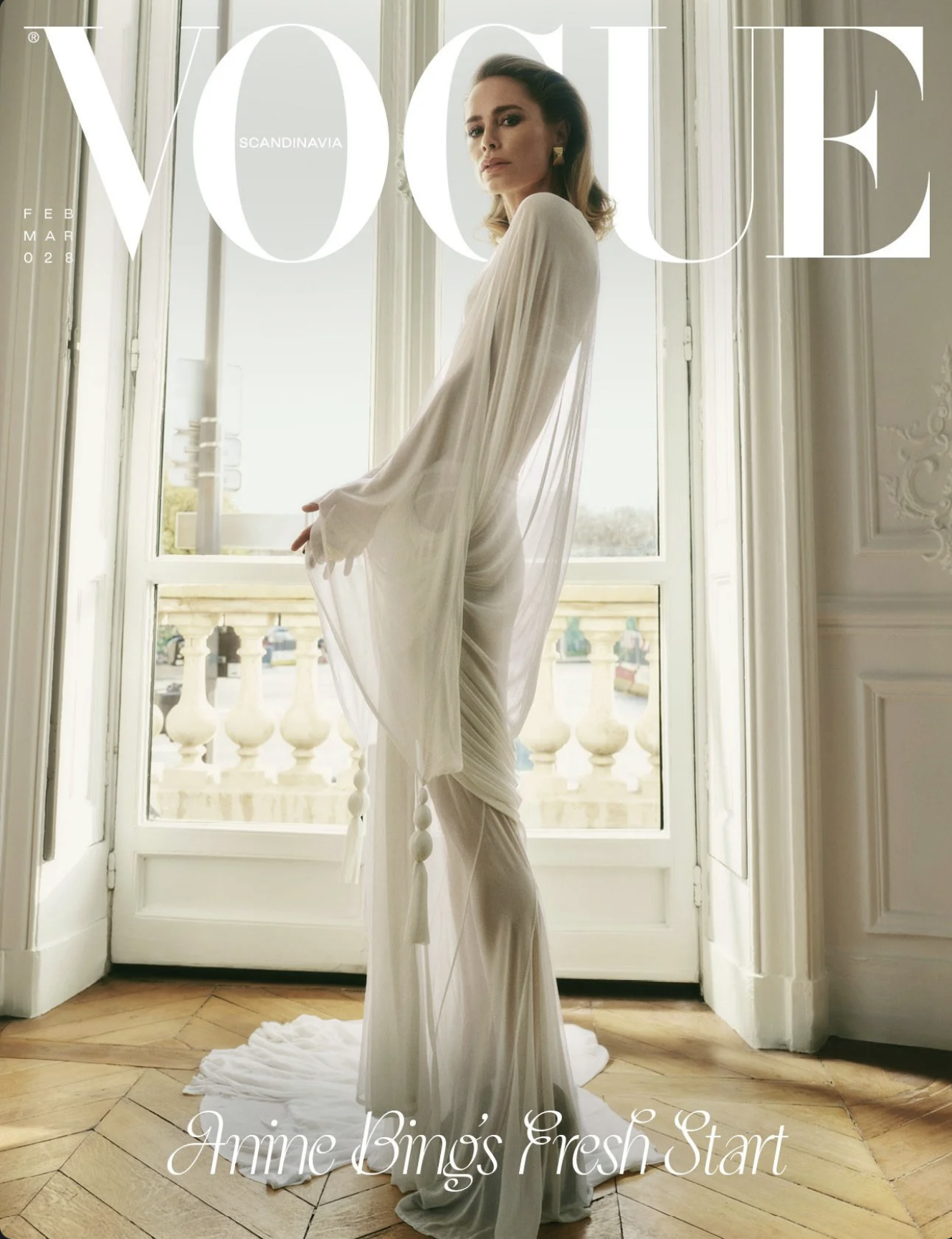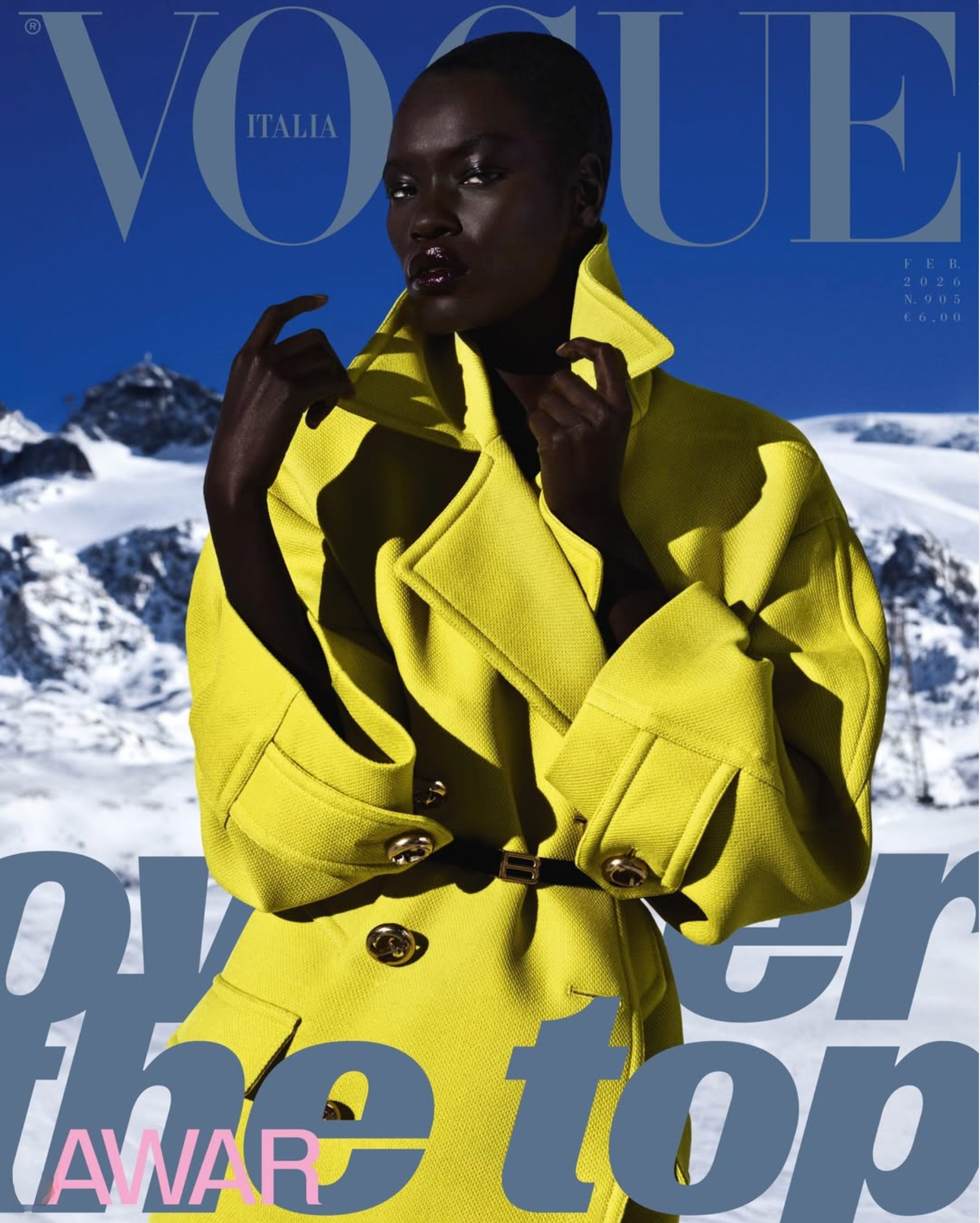Cate Blanchett Talks Phyllis Schlafly and Producing 'Mrs. America' for Harper's Bazaar UK
/Armani Privé dress, Van Cleef & Arpels ring. Cate Blanchett by Tom Munro for Harper’s Bazaar UK December 2019.
Australian actor Cate Blanchett covers the December 2019 Harper’s Bazaar UK ‘Women of the Year’ issue, dressed exclusively in Armani Privé . Blanchett is lensed by Tom Munro and interviewed by Lydia Slater about her work as a “powerful advocate for the rights of women around the world, be they underrepresented film-makers or refugee mothers.”
Blanchett Plays Phyllis Schlafly in Mrs. America
In a role that’s certain to disturb millions of women across America including me, Blanchett spent the summer in Toronto, producing and starring in ‘Mrs. America’. Blanchett plays Phyllis Schlafly, the anti-feminist campaigner who literally stopped the ratification of America’s Equal Rights Amendment in its tracks. Schlafly argued that the ERA would remove special privileges enjoyed by women, forcing us to use co-ed bathrooms and be drafted into the military.
Slater writes: “Schlafly’s campaign is said to have profoundly damaged the women’s liberation movement; as for the Amendment itself, it is yet to be passed.” (Slater is correct, but we expect final ratification and a Supreme Court court fight soon, now that the state of Virginia swung heavily to the Democrats in their November 2019 state house elections. This final ratification exceeds the comparatively short amount of time allocated to pass it decades ago. Now the US Supreme Court will be called upon to decide the fate of the ERA, and AOC will issue a separate update.)
Armani Privé SUIT, CARTIER JEWELRY.. Cate Blanchett by Tom Munro for Harper’s Bazaar UK December 2019.
Slater shares a similar response about Schlafly:
It seems an unexpected choice of part, given Blanchett’s long-standing commitment to promoting women’s rights. She has spoken out about the #MeToo and Time’s Up campaigns, and as president of the jury at the Cannes Film Festival last year, led a protest of 82 women in the industry – including Emma Watson and Kristen Stewart– representing the total number of female directors whose work has been screened in competition there (compared with more than 1,600 men). "I’m never interested in portraying myself," Blanchett tells me, when I finally manage to catch up with her at New York Fashion Week, where she is attending an event. "For me, selfishly, it’s always about trying to understand someone else’s perspective. Often the further from my own experience and my set of values, the more fascinating it is. And the only way we can move forward is to learn from history."
Reflecting on the success of Phyllis Schlafly in derailing the ERA, Blanchett ponders the complexity around making ‘Mrs. America’: "I was fascinated as to why the women’s movement burst through onto the streets," she says. "You felt the world was expanding and growing and changing, and voices that had previously been dismissed were being heard in the corridors of power. But why did that bubble burst in the 1980s and this amazing backlash happen? I’ve always been interested in that area of history. I think it’s really important to fold in the lessons learnt from second-wave feminism."
Armani Privé dress, Van Cleef & Arpels Jewelry. Cate Blanchett by Tom Munro for Harper’s Bazaar UK December 2019.
Blanchett articulates the very issues that haunt many of us — especially those of us who worked ourselves to the bone in the 2016 presidential election — only to see the electoral college elect Donald Trump as president. Small, rural states in America have a disproportionate amount of political influence, so that a vote in Kentucky is worth more than a vote in New York state. (Hillary Clinton won the popular vote by 2.1%, just shy of 3 million votes. Phyllis Schlafly’s memory looms large in Trumplandia, creating the fault-line between today’s Republican and Democratic women.
"We’re still talking about same-sex restrooms, we’re still talking about women in the military, we’re still talking about reproductive freedom. And how many years ago was that? It really has been Groundhog Day,” Blanchett reflects about the bitter truth among American women.
Blanchett digs deeper still in her Harper’s UK interview. Read on.



